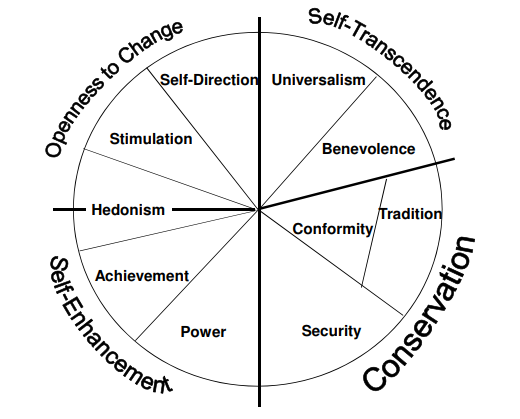 https://www.synyo.com/wp-content/uploads/SYNYO-NEWS-featured-image-NEW01009401EN.png
400
459
leo
https://www.synyo.com/wp-content/uploads/2017/09/synyo-logo.png
leo2026-02-01 13:41:502026-02-03 10:18:50GreenEsteem: Project for sustainable Nature-Based Solutions through Co-Creation Launched
https://www.synyo.com/wp-content/uploads/SYNYO-NEWS-featured-image-NEW01009401EN.png
400
459
leo
https://www.synyo.com/wp-content/uploads/2017/09/synyo-logo.png
leo2026-02-01 13:41:502026-02-03 10:18:50GreenEsteem: Project for sustainable Nature-Based Solutions through Co-Creation LaunchedINDUCE

INDUCE: Culture Scan – Working on Energy Efficiency and organizational culture
One of the methods that attracted most attention during the INDUCE Train-the-Trainer courses was the culture scan, which is used to identify cultural dimensions influencing communication between layers in the organisation. Here´s how to conduct and analyse the scan.
The participants of the Dutch INDUCE Train-the-Trainer course were provided with a step-by-step plan to enable them to assess the needs within a company regarding energy-related topics, and subsequently design a customized program for effective interventions targeting the management and employees, using the INDUCE toolkit. One of the methods that attracted the most attention from the participants was the culture scan which is used to collect information on the company’s needs for training. More specifically, the culture scan can be used to identify the cultural dimensions influencing communication between layers in the organization and thereby provide insights into the specific organizational context to which further interventions should be adapted. The participants showed great interest in the organizational culture-aspect, and how to take it into account when designing interventions, for example to change energy spoiling practices. As we know, it’s not that easy.
Therefore, the INDUCE team is about to publish a hands-on reading guide for trainers on how to conduct and analyse the scan. After a quality check, the final guide will be posted in the repository soon.
One of the instruments used in the culture scan is the Portrait Values Questionnaire (PVQ-21). The Portrait Values Questionnaire is based on the Theory of Human Values by Schwartz, which is used by many social scientists worldwide. This theory states that values are the driving motivational force behind many actions of individuals and groups. Values can, thereby, be a means to characterize certain groups and relations within organizations. The PVQ-21 can be used to assess how the individuals within an organization prioritize a universal set of values. The ten values are self-direction, stimulation, hedonism, achievement, power, security, conformity, tradition, benevolence, universalism. As can be seen in the overview figure, these values interrelate.

For example, the values hedonism, achievement and power are related to self-enhancement and opposite of the values universalism and benevolence (self-transcendence). As the importance of each value differs between individuals and organizations, measures and interventions for change need to differ as well. The outcomes of the PVQ-21 provide insights in how to design effective interventions for the specific culture in an organization.
The surveys of the INDUCE pilot companies provided good examples of the contribution of the culture scan. Most pilots scored low on the values attributed to the dimension of self-enhancement (achievement and power). So, the training interventions should not focus on social superiority and esteem, since that is just less important to employees in these organizations. As individuals are not driven by a desire to be better than their peers, it would be ineffective to stress internal competition.
On the other hand, the pilots scored high on benevolence and universalism. Hence, the promotion of gain goals, self-expansion and growth are important for employees in these organizations. So, interventions had to focus on the creation and implementation of energy efficiency as a group effort and should be done in line with organizational processes, positions and group opinions and with reference to “the greater good”. That’s why most of the interventions are concentrated on group results and maintaining good relationships with the in-group. Creating a shared interest among colleagues before implementing energy efficiency measures should prove an important and efficient first step.
This is what we also explained in the Train-the-Trainer course in the Netherlands. Due to the great interest of the participants, the INDUCE team is currently working on an in-depth reading guide on how to conduct the culture scan by providing practical tips and tricks for the preparation, data collection and analysis and interpretation of the survey (results), including the statistical analysis. Thus, enabling the development of effective, customized interventions.
Links
INDUCE platform
https://www.energyefficientfoodindustry.eu/
INDUCE Project Website
Keywords
Energy efficiency, food and beverage industry, Energy-Efficiency Directive (EED), Human-Centered Design




